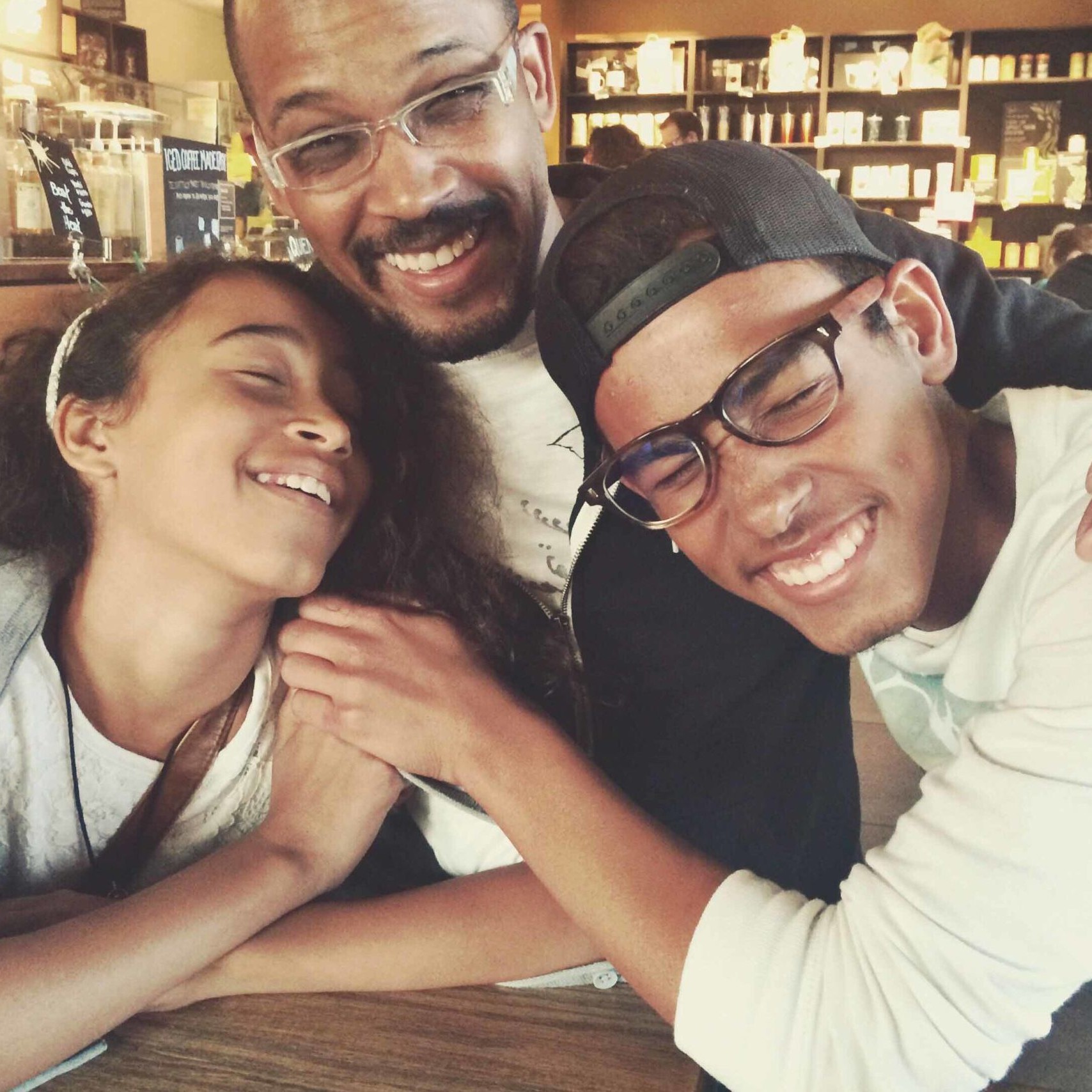Your teen may be going through a lot right now. In addition to the big changes they normally face at this age, teens growing up during this pandemic are facing challenges they never expected or prepared for.
“Some days I will just feel really sad and don’t know why, or I will get overwhelmingly upset at the smallest problems,” said one of the Forward Together youth contributors about her experience during the pandemic.

When teens struggle with challenging feelings, sometimes it can lead to mental health challenges like depression and anxiety disorders. We can’t take these emotions away for our teens, but thankfully there are things parents and adults can do to help them cope with difficult feelings.
We asked child mental health expert, Camille Harding, LPC, Colorado Department of Human Services, Office of Behavioral Health, for some advice on how to do that. Below are five tips from our discussion with her.
1. Check in with your teen.
Camille: “Kids talk to their peers about mental health. They just don’t talk to adults about it as freely as they might talk with their peers about it. I think it’s really more about parents getting comfortable with those conversations, especially if parents weren’t raised in a generation where you talked about that kind of stuff. Start by taking an interest in working on your relationship with your teen in order to create that space to have tougher conversations.”
2. Take notice and be curious.
Camille: “Noticing something about your teen and talking with them about it is a really effective strategy. ‘I’m noticing that you’re sleeping a lot.’ ‘I notice that you spent a lot of time in your room.’ ‘I’m noticing that you’re not doing the sort of activities that you normally like to do.’ Being curious and noticing [how their behavior may have changed] is a great way to start the conversation.”
3. Stay calm and focus on helping your teen.
Camille: “It’s checking your own sort of big feelings as a parent. You have to be like, ‘You know what? This isn’t about me.’ Because I think parents can feel like, ‘Oh, I failed them or I should have done this differently.’ Or parents get really distressed and really worried about their teen. You have to be able to hold those feelings in check so that you can step into your kid’s world and help them. Then take your big feelings to your friends or your therapist or whoever that person is that you use for support.”
4. Be real and authentic with teens about their emotions.
Camille: “Sometimes adults think you have to be a certain way to be able to talk to kids about these sorts of challenges. And I think kids open up to people who are real and authentic with them. Don’t choose your words so carefully that you don’t seem real and authentic. Make sure that you’re really engaging on a human level. If you can’t really engage that way, and you feel like you just continue to hit a brick wall and can’t get to the place that you can have genuine, authentic conversations, then maybe that is a time to start asking for professional help and do some family work.”
5. Help your teens identify coping skills that work best for them.
Camille: “Have conversations early and often with your kids about managing big feelings like distress and anxiety. That will help build those skills for youth to learn to be introspective and think about, ‘Oh, how am I doing?’ And they can start to figure out what helps and do it for themselves, like, ‘Oh, I know when I start to feel anxious, what really helps me is talking to a friend.’ Some teens cope by going for a walk or listening to music or being away from people. It’s different for everybody. We are all going to have times in our lives where we get depressed or anxious and struggle, and having those coping skills helps.”
Want More Support for Your Teen?
If your teen is struggling with something bigger than you think you can handle…
…Camille recommends calling or texting Colorado Crisis Services. Parents and teens can contact the hotline for free to receive confidential support from professional counselors.
The world can be a tough place. Speaking to a therapist can help a child with complex feelings. Now, it’s available for free.
Visit IMatterColorado.org to learn more and help your child sign up for three confidential and free therapy sessions with a professional.





